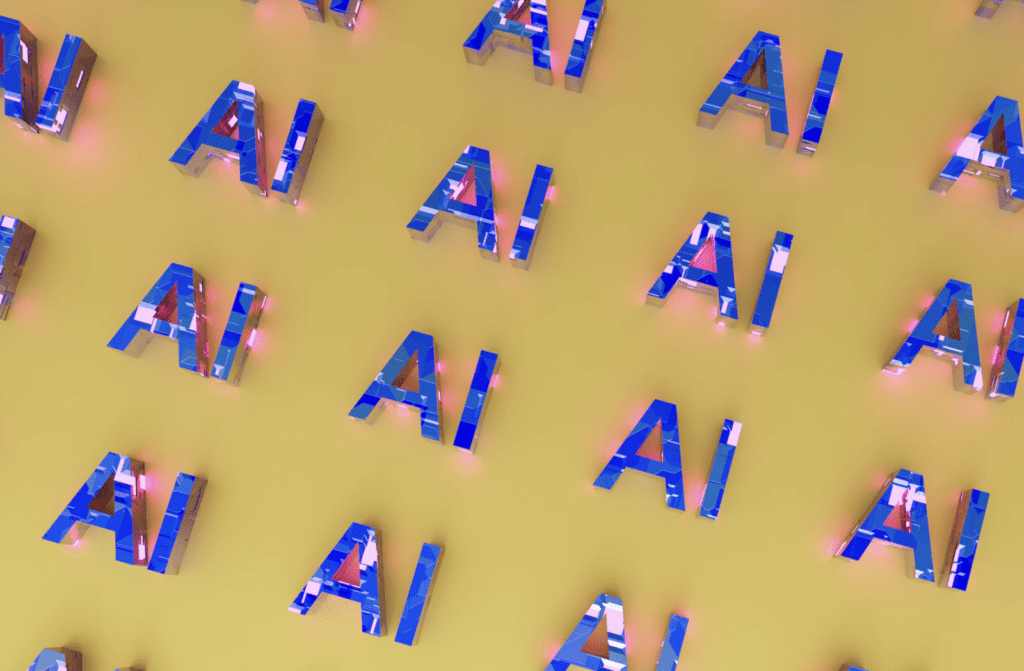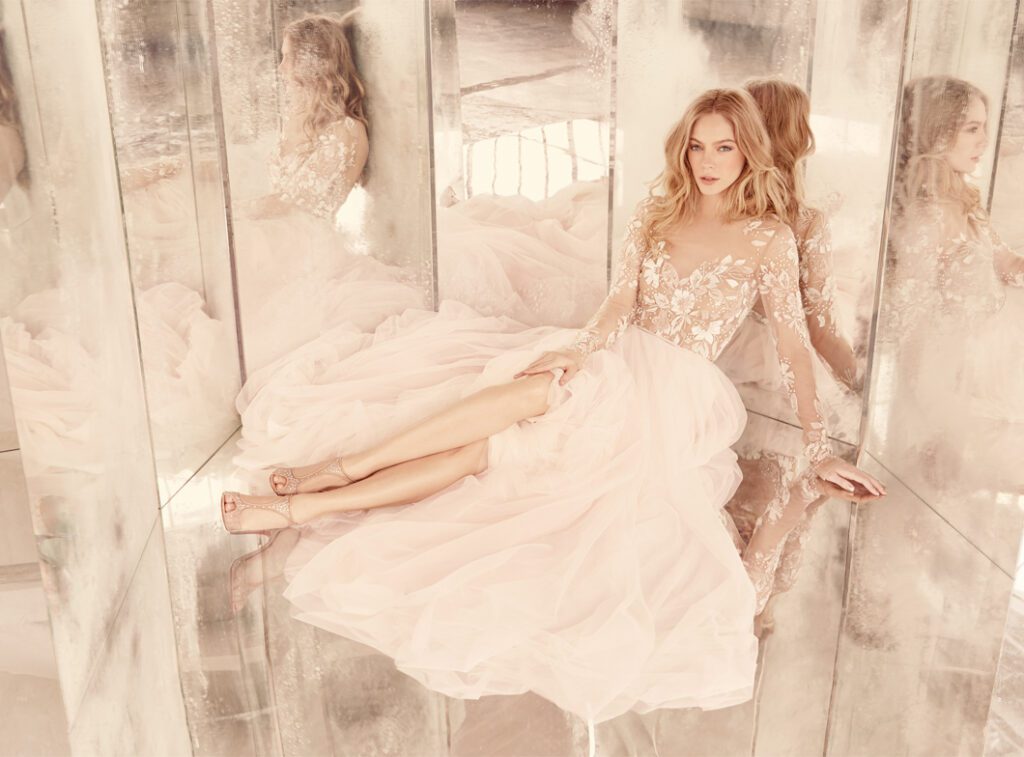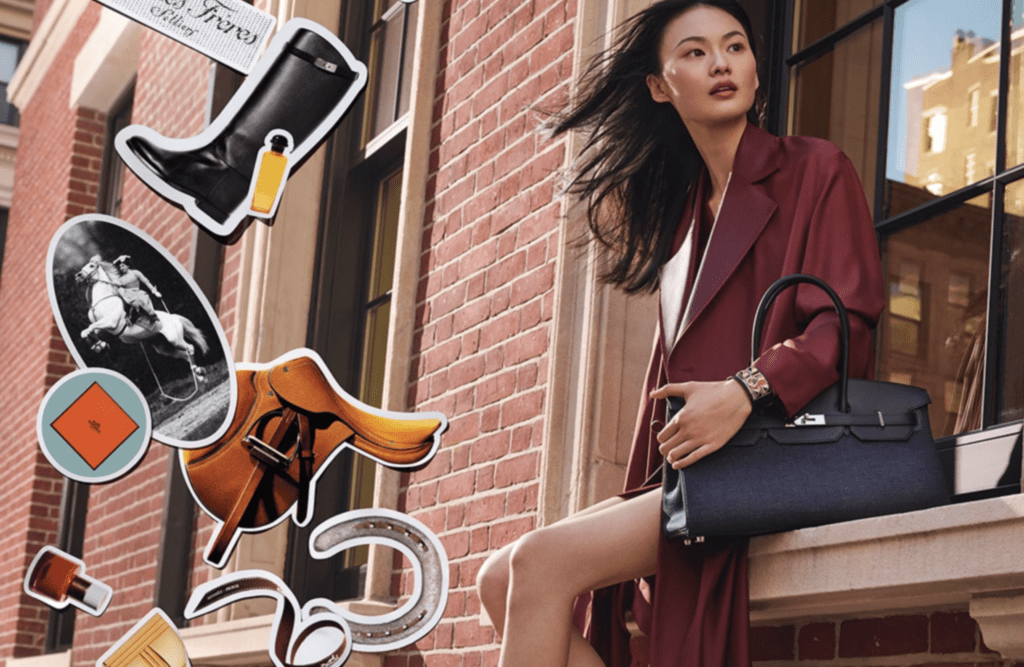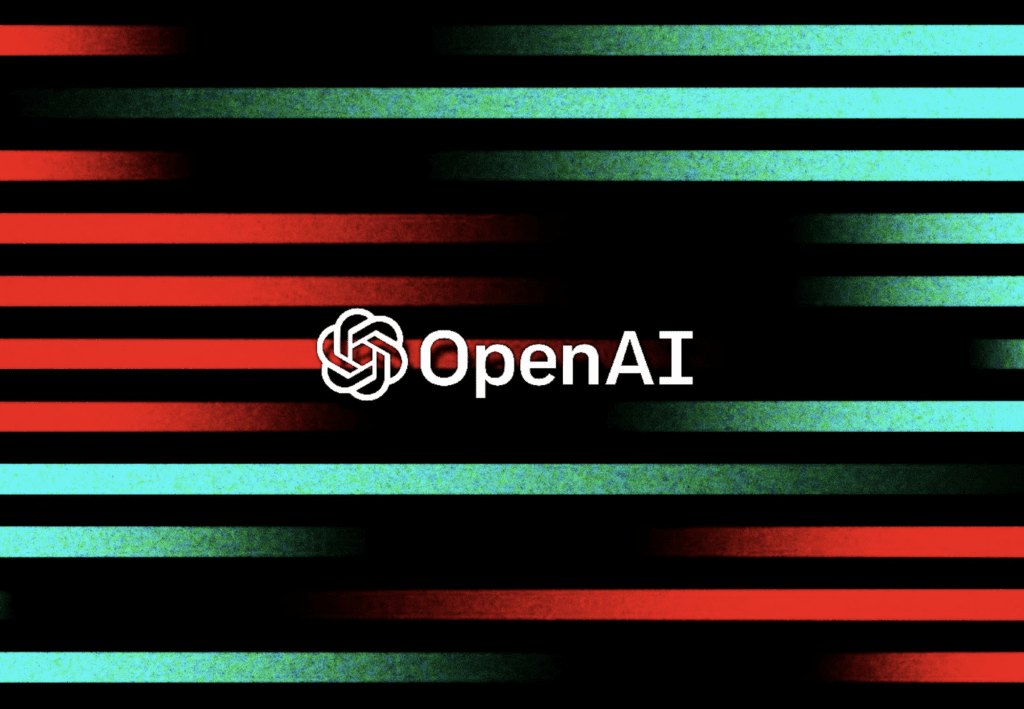A closely-watched case over copyright and generative artificial intelligence went before the U.S. District Court for the Northern District of California this week, with a federal judge says he is leaning towards dismissing the bulk of the claims that a trio of artists waged against Stability AI, DeviantArt, and Midjourney in a lawsuit over their AI art generators. Following a motion to dismiss hearing on Wednesday, N.D. Cal. Judge William Orrick stated that he is “inclined to dismiss most of [Plaintiffs Sarah Andersen, Kelly McKernan, and Karla Ortiz’s] claims without prejudice,” and thus, give them the opportunity to remedy some of the deficiencies cited by Stability AI, DeviantArt, and Midjourney in their motions to dismiss.
Among other things, Judge Orrick tentatively held that Andersen and co. failed to distinguish between the defendants’ respective AI art generators in their lawsuit. Greenberg Glusker litigation chair Aaron Moss states on Copyright Lately that the judge “seem[ed] skeptical” that Stability AI’s generative AI platform “Stable Diffusion plausibly incorporates the plaintiffs’ works given how small [its] model is versus. the 5 billion images it was trained on.” Beyond that, the court noted that only one of the three named plaintiffs” – Andersen – has registered the allegedly infringed works with the U.S. Copyright Office, and “asserted a cognizable claim of direct infringement against Stability AI for copying her work at the ‘input’ stage (creating the training set).” But the judge does not think those claims” plausibly extend to the other defendants, who used Stability’s model after it was trained,” per Moss.
Against that background, Andres Guadamuz, a reader in intellectual property law at the University of Sussex, says that the case is “likely to continue with only one claim remaining, which was uncontested by the defendants as I expect they would actually want a fair use declaration on the input phase.”
A written order is slated to follow from the court’s tentative determination on Wednesday.
THE BACKGROUND: The motion to dismiss hearing came just over 6 months after Andersen, McKernan, and Ortiz lodged copyright infringement, unfair competition, and right-of-publicity claims against Stability AI, DeviantArt, and Midjourney early this year. In furtherance of their lawsuit, the plaintiffs are accusing Stability AI and co. of engaging in “blatant and enormous infringement” by using their artworks – without authorization – to enable AI image generators, including Stable Diffusion, to create what are being characterized as “new” images but what they allege are really “infringing derivative works.”
In the motion to dismiss that it filed with a federal court in San Francisco in April, Stability AI urged the court to toss out the plaintiffs’ claims essentially on the basis that it did not actually copy any of their works. In addition to arguing that it does not copy and/or store others’ images to train its models, Stability AI claimed that …
(1) None of its output images contain substantial similarities to any copyrighted works, and thus, the output cannot be infringing on the existing copyrights;
(2) The plaintiffs fail to allege “a single act of direct infringement, let alone any output that is substantially similar to the plaintiffs’ artwork”;
(3) The plaintiffs’ vicarious copyright claim suffers from the same deficiency, plus the additional flaw that they “make no effort to plead facts in support of the remaining elements of such claim”;
(4) The plaintiffs’ Digital Millennium Copyright Act claim “also fails multiple times over because [they] do not allege a single work from which copyright management information was allegedly altered or removed, explain what CMI was allegedly removed, or allege any facts to support the double-scienter requirement; and
(5) The plaintiffs’ right-of-publicity claims are expressly preempted by the Copyright Act.
The suit faced criticism prior to the court’s tentative order on Wednesday, with TechDirt’s Mike Masnick, for one, stating back in April that the entire lawsuit “seems [to be] based on the false premise that artists can own their own ‘style’ and prevent others from creating works in that style.” But that is “not how any of this works,” he said, asserting the plaintiffs’ “right of publicity” claims are “laughable,” as well. “The reason for publicity rights [is] to prevent misleading endorsements of goods and services from people who [are not] actually endorsing something, but no one thinks that if you use a generative art program to create works ‘in the style of Picasso’” – which the AI art generators at issue enable – “that Picasso endorsed it.”
Reflecting on the court’s recent order, Peter Henderson, who is joint JD-PhD (Computer Science, AI) candidate at Stanford, asserted that the fact that Judge Orrick is leaning towards dismissal (without prejudice) for most of the plaintiffs’ claims is “unsurprising,” given that “most lawsuits that we have seen so far against AI companies have fundamental flaws in the filings.” Here, at least some of those flaws are the plaintiffs’ apparent failure to differentiate their claims against the individual defendant companies and to provide enough facts about the alleged copyright infringement to make it seem plausible to the court that the AI generators were, in fact, trained using their copyright-protected works.
THE BIGGER PICTURE: The zoom-out here is, of course, the budding number of lawsuits that are currently being filed against the companies behind some of the biggest names in generative AI over how their models are trained and the nature of the models’ output. With a growing list of cases, including ones that involve copyright infringement causes of action, in their early stages, the court’s order here could provide some insight into what we might be to expect from other courts that will be tasked with determining similar issues in other cases.
The case is Sarah Andersen, et al., v. Stability AI LTD., et al., 3:23-cv-00201 (N.D. Cal.).











